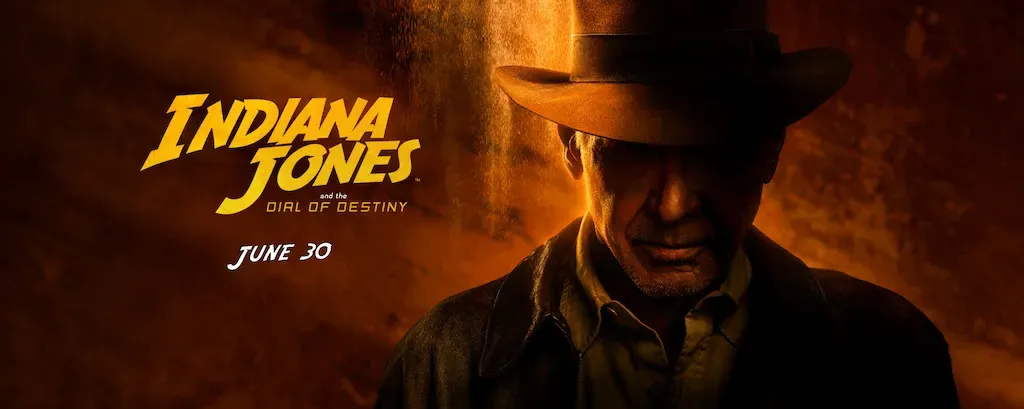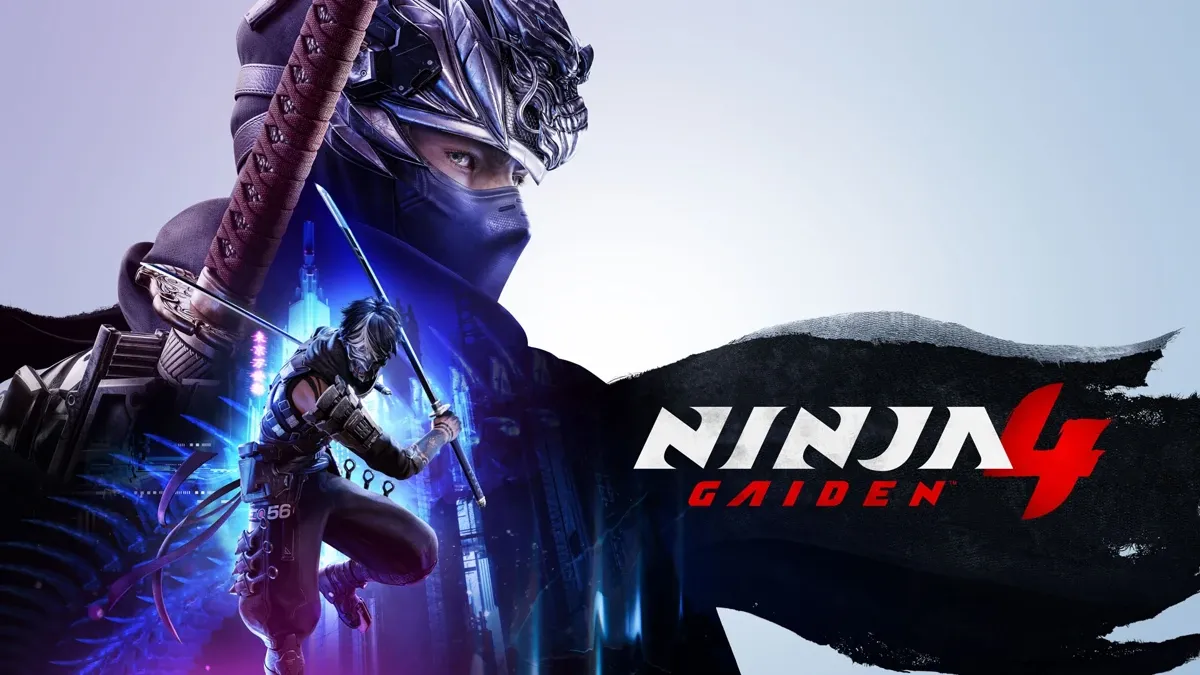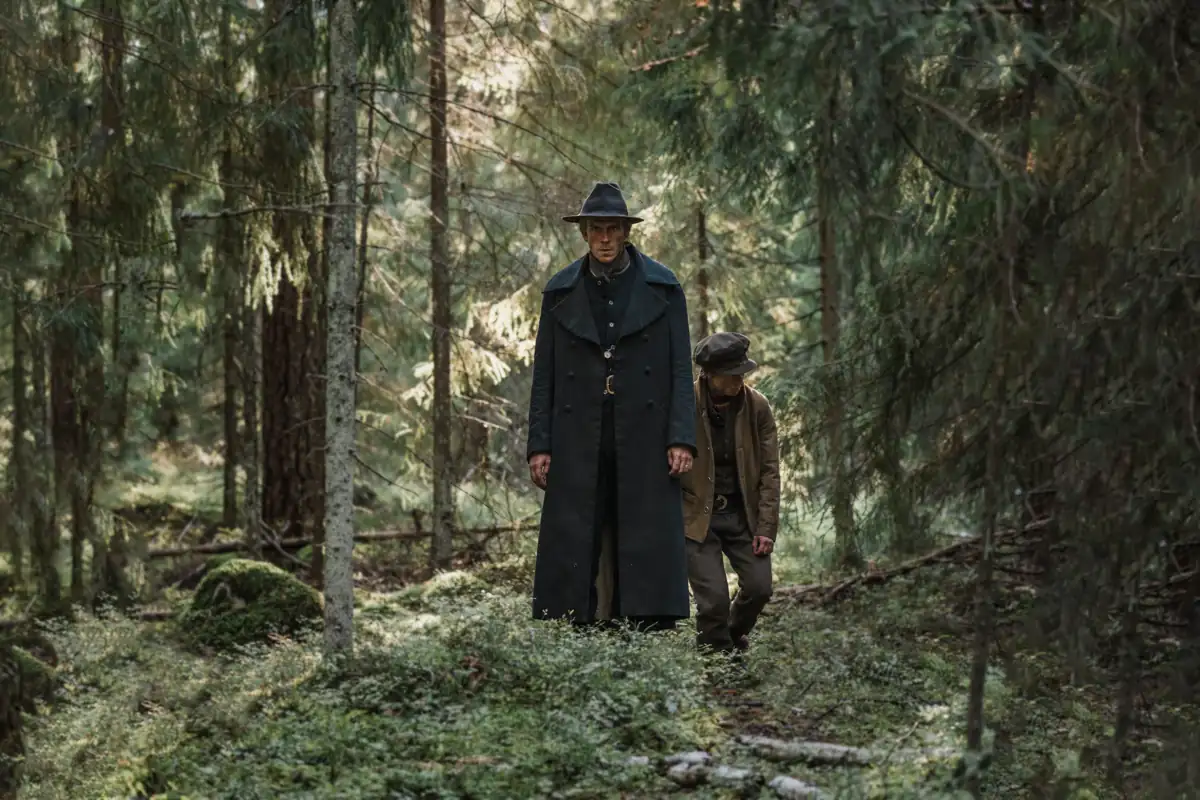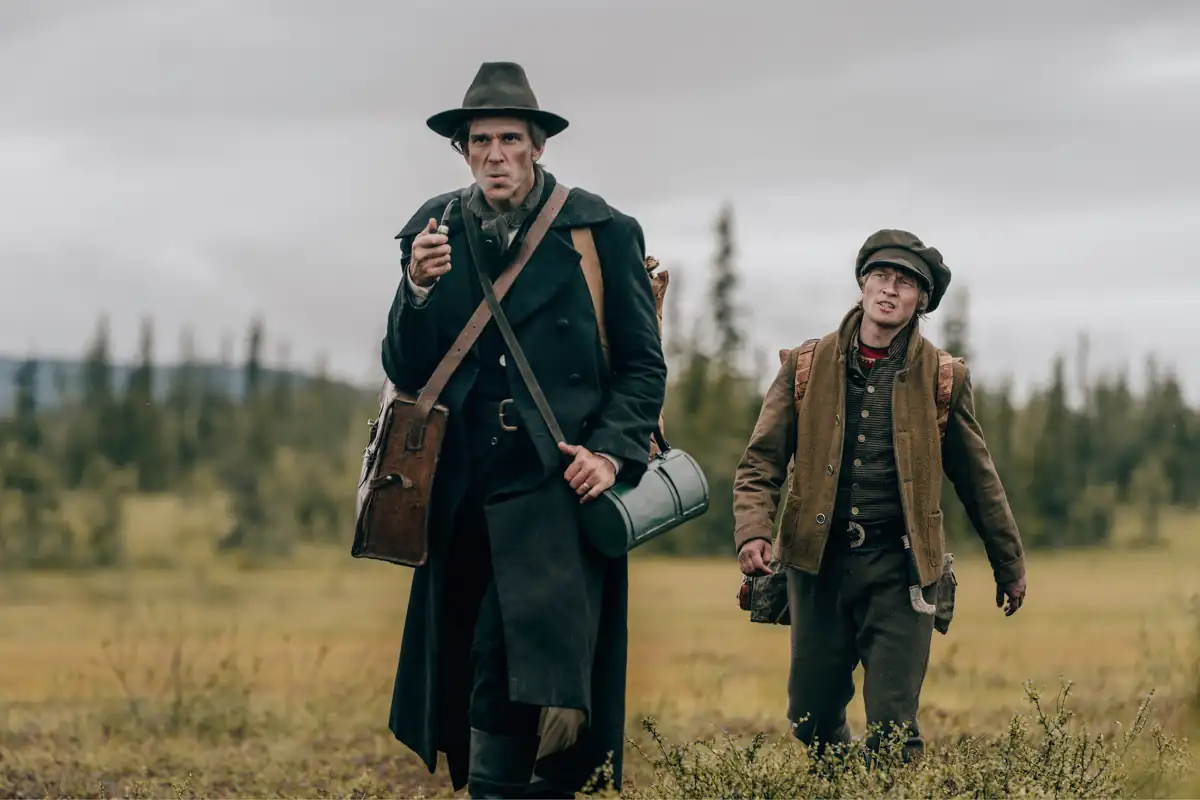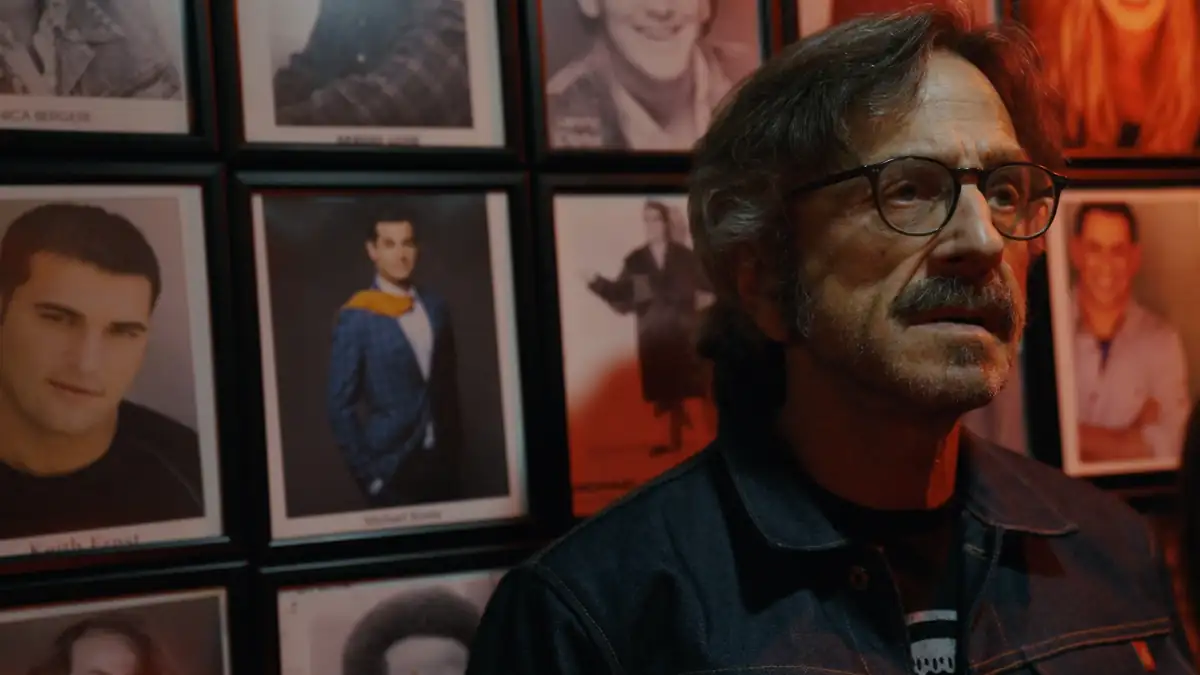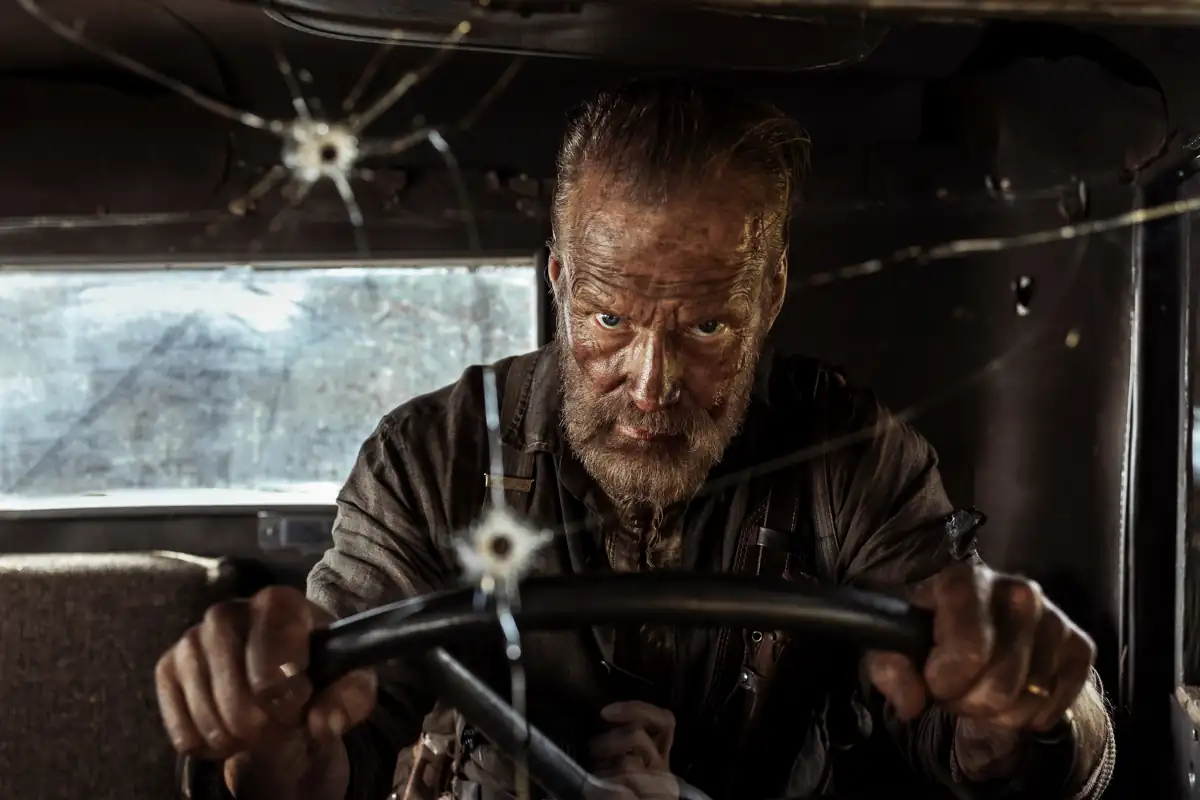I don’t envy James Mangold.
After all, while directing an Indiana Jones film might sound like a dream job on paper, when you really stop and think about it, the experience must be horrifying.
You’re taking the reins from Steven Spielberg, arguably one of the greatest filmmakers to have ever lived, and guiding a finale for a series that already had the perfect ending in The Last Crusade.
Everything is stacked against you. It’s a no-win scenario.
Except, that’s kind of how Indy likes it. Down in the muck.
So it shouldn’t be this much of a surprise that Indiana Jones and the Dial of Destiny is good. Yet it is. And it’s not just a good sequel, but a triumphant, emotionally satisfying final goodbye that just might make it the second best Indy film ever made.
Set in the tail end of the 1960s, as the American War in Vietnam rages in the background, and the Moon landing has captured the imagination of the country.
Somewhere in New York, an aging Indiana Jones trudges from one day to the next. He is a man out of time and place, broken by the loss of his family to events that define modern history.
On the day of his retirement, he stumbles into Helena Shaw, his goddaughter and a reminder of a past he had forgotten. Helena is after the dial of Archimedes, an ancient device with the ability to pinpoint fissures in time. A relic Indy once held in the palm of his hand after stealing it back from Nazi scum in WW2.
But Helena is not alone in her crusade. Hot on her heels are the goose steps of Jürgen Voller and his Nazi thugs, including some homegrown fascists from America. Once again Indy finds himself in the middle of a race against time to defeat one of the greatest evils known to humankind.
Right off the bat, it’s clear that Mangold’s interests for Indy are far greater than just revisiting the greatest hits. While he’s no Old Man Logan, Indy is not the scrappy hero we once knew. Life has taken its toll. His heart is left behind in a world that’s slower, more cryptic, and, in many ways, simpler than today.
In Kingdom of the Crystal Skull, Spielberg found more connection to the greaser and mod cultures in the midst of the Cold War. In Dial of Destiny, Mangold’s fascination is in the lies that America told itself as it grew into a global super power after the war.
On the surface, everything is brightly saturated colors and iconic rock music. But behind the facade is a lingering aspect of fascism that rooted itself in the soul of America and never let go.
Within the first half hour, Dial of Destiny touches on the Nazi influence in the creation of the space program, the CIA’s inhumane tactics in pitting black Americans against one another, and how the country found a way to rebrand its segregationist politics even in the wake of a devastating war that should have taught everyone better.
It’s a lot, but it’s also extremely refreshing. A blast of subversive dialog in a mainstream blockbuster. A reminder that Indy’s world, where punching a Nazi was a national pastime, is long gone.
The irony of Indy’s frustration and disbelief that we are still, after all that’s happened, somehow tolerating Nazis, doesn’t go unnoticed.
But Mangold isn’t here to deliver a sermon, no matter how much material he has at his disposal. Even when Dial of Destiny dives into heavier issues, it never forgets that its primary purpose is to entertain. And it does so in spades.
From a thrilling opening act, where Indy takes on a Nazi loot train, to a wild and wacky chase through Tangiers, Dial of Destiny proves the old grave robber can still deliver the goods.
Naturally, some sequences showcase that Harrison Ford, now in his 80s, is no spring chicken. But the film never hides that fact, either. Instead, it leans into the natural underdog status that age hoists upon Indy. His joints creak, his legs aren’t what they used to be, and at least once he asks out loud what is he even doing here at this age.
It is to Ford’s and Mangold’s credit that these moments don’t feel glib or tacked on, but rather a natural progression of a character who was already middle-aged when we first met him over 40 years ago.
Luckily, Ford has the help of Phoebe Waller-Bridge as Helena Shaw, who is a chip off the old rolling boulder. If Indy took the path of righteous indignation, Helena is the kid who followed Fedora, the man who gave Indy his signature hat in the beginning of The Last Crusade.
She’s every bit the adventurer and scholar as Indy, but morals are a burden she never bothered to keep in her satchel. For her, the thrill of the hunt is part of the fun, but money is always the goal. There’s a genuine joy in seeing Waller-Bridge join the action sandbox, but also drink and lust after the opposite sex the same way that Ford did in his prime. She captures the fun, danger, and sexiness of the original trilogy as if she was always a part of it.
Their chemistry feels natural and crackles with energy as they trade barbs over their shared mistakes and lost opportunities at normality. There’s a feeling that even if Indy never joined the adventure, Shaw probably would have figured it out herself, somehow. It’s right in line with the series staple, where Indy’s presence is a chaotic outside energy, always looking in at the bigger picture.
But Dial of Destiny never makes fun of its lead character. Not even when it lovingly jabs at his failures. They are all elements that made Indy such a beloved icon.
Instead, it is a delightfully sincere film. Something you wouldn’t expect from the fifth one in a franchise sold twice over.
When Sallah (the great John Rhys-Davies) mournfully admits that he misses the joy of the unknown, it tugs at the heartstrings. There is a genuine tenderness to these goodbyes. An awareness that good things must come to an end.
It’s light years away from the insipid refusal of time seen in Jurassic World and Picard. An acknowledgement to the passing of an age that allows its heroes to gracefully enjoy one last moment in the limelight.
It’s also a reminder that adventures end only when you want them to. They might be different than the ones you had in your youth, but they are adventures all the same.
After all, it’s never the years, it’s the mileage.

